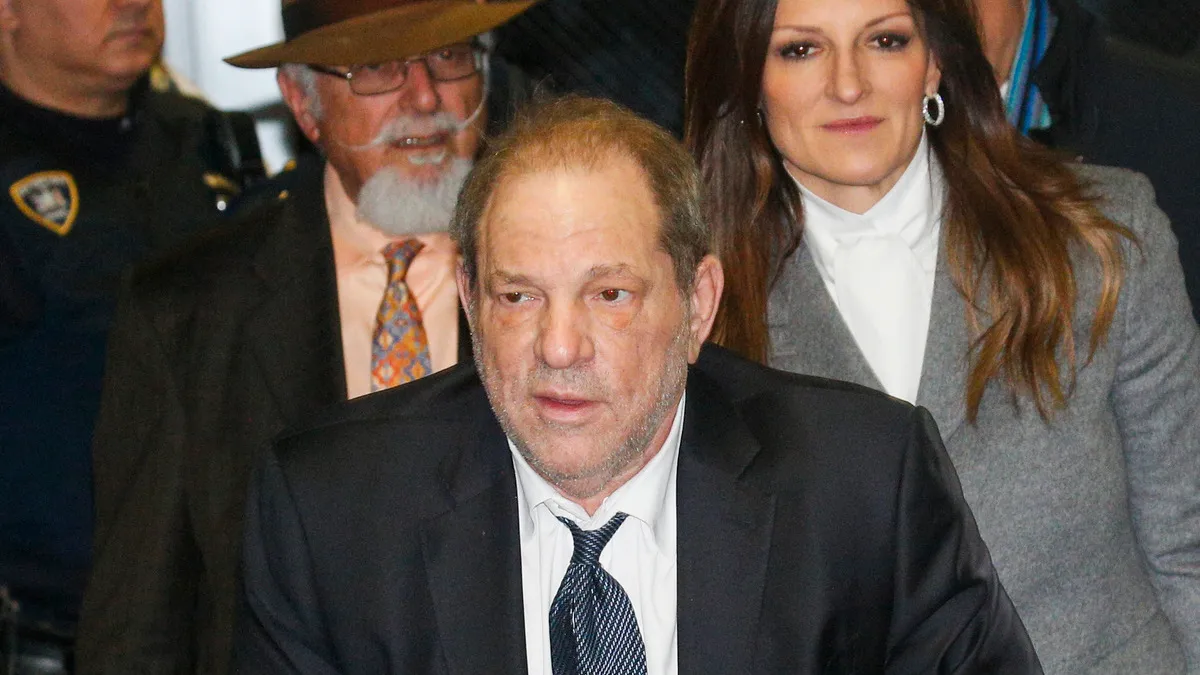The recent overturning of Harvey Weinstein’s 2020 sexual assault conviction by the New York Court of Appeals has reignited discussions about the intersection of justice, power, and wealth in the judicial system. Weinstein, a disgraced Hollywood producer, faced allegations from over 100 women, with actress Jessica Mann’s accusations leading to his conviction on charges of first-degree criminal sexual assault and third-degree rape, resulting in a 23-year prison sentence.
However, Weinstein’s conviction was overturned due to legal technicalities surrounding the admission of testimony unrelated to the charges at hand. The prosecution had introduced testimony from three women who alleged prior instances of sexual misconduct by Weinstein, which the defense argued were consensual encounters. The Court of Appeals determined that this testimony served no material purpose and prevented Weinstein from presenting a full defense, thereby warranting a retrial.
The decision to overturn Weinstein’s conviction has sparked criticism and outrage, particularly regarding the treatment of victims in sexual assault cases. Many argue that the legal system’s focus on technicalities overlooks the psychological complexities of abuse and retraumatizes victims by discrediting their experiences. Justice Madeline Singas condemned the decision, stating that it perpetuates a disturbing trend of undermining juries’ guilty verdicts in cases of sexual violence.
While Weinstein’s defense heralded the decision as a victory for justice, it has prompted reflection on the systemic challenges faced by survivors of sexual assault. The case exemplifies the pervasive issue of underreporting and the daunting barriers survivors encounter when seeking accountability. Despite statistical evidence highlighting the prevalence of sexual assault and the low rate of convictions, the judicial system often fails to provide adequate support and validation for survivors.
Weinstein, who has been serving a 16-year sentence for a separate assault case in California, remains in prison as he awaits a new trial in New York. His attorneys have indicated their intention to appeal the California conviction as well, underscoring the ongoing legal battles surrounding his egregious actions.


